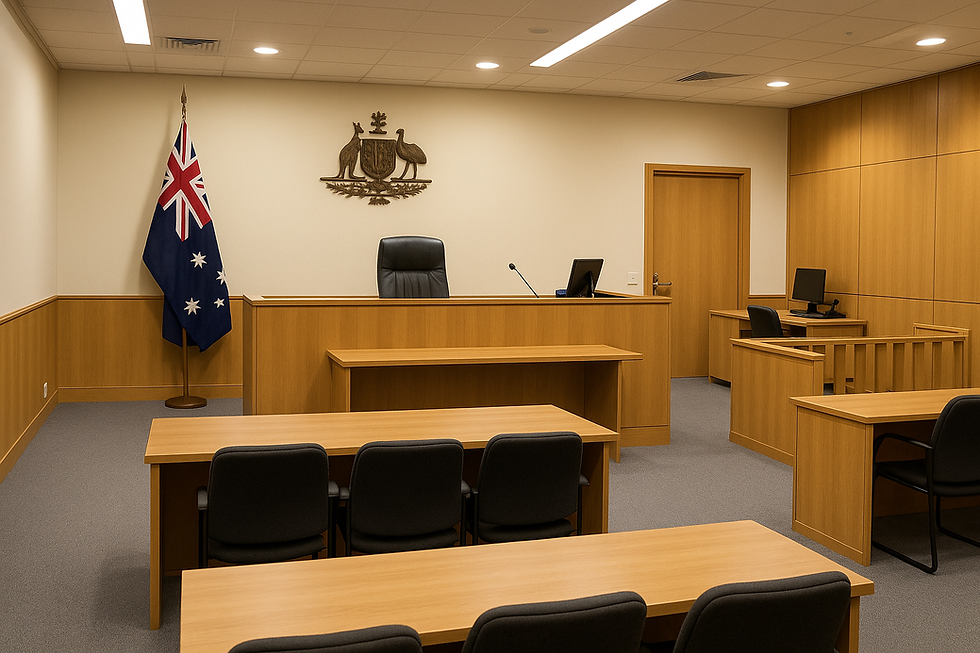Family Law Child Disputes: Can my ex access my medical records?
- Jarrod Carter
- Apr 4, 2022
- 2 min read
Updated: Apr 27, 2022

In family law parenting matters, it is well-established that the paramount consideration to the Court is the best interests of the child. This takes priority over everything, even your right to confidentiality.
In considering what is in the best interests of the child, the Court will consider many factors, including:
the benefit the child may have from a meaningful relationship with both parents;
any views that the child expresses;
the nature of the relationship between the child and each of the child’s parents; and
the capacity of each of the parents to provide for the needs of the child, including emotional and intellectual needs.
If one parent attends counselling, it is likely that their counsellor’s notes would shed some light on these factors. In particular, the psychological records would be relevant to the question of whether the parent has the capacity to:
take care of the child’s best interests;
take care of the child physically;
provide emotional support to the child;
maintain or build a meaningful relationship with the child; and
Take care of the child long-term.
Psychological records may also evidence a risk of future family violence, psychological abuse or neglect. Therefore, psychological assessments can be highly relevant when determining orders that are in the child’s best interests.
How can my records be obtained?
Psychologist's and other medical records can be obtained pursuant to a subpoena. A subpoena is an order by the Court to an institution, such as your counsellor, to provide documents they have on record pertaining to you. Failing to comply with a subpoena is a breach of a Court order, which is punishable by a fine or imprisonment.
What about confidentiality?
Health practitioners have a duty of confidentiality, pursuant to which they cannot disclose medication information about the patient without the patient’s consent. However, this duty is subject to the medical practitioner’s obligations under a subpoena. If a counsellor receives a subpoena requesting them to provide documents to the Court about a patient, they must do this; practitioner-patient confidentiality is subject to the Court’s orders.
Please note that the above is general information and should not be relied upon as legal advice. All situations are different and legal advice must always be tailored to the specific situation.




Comments